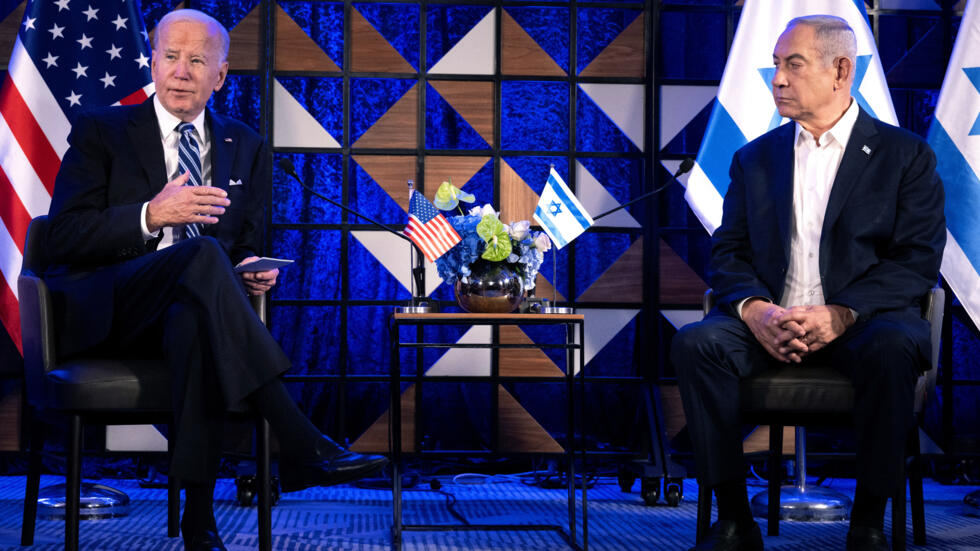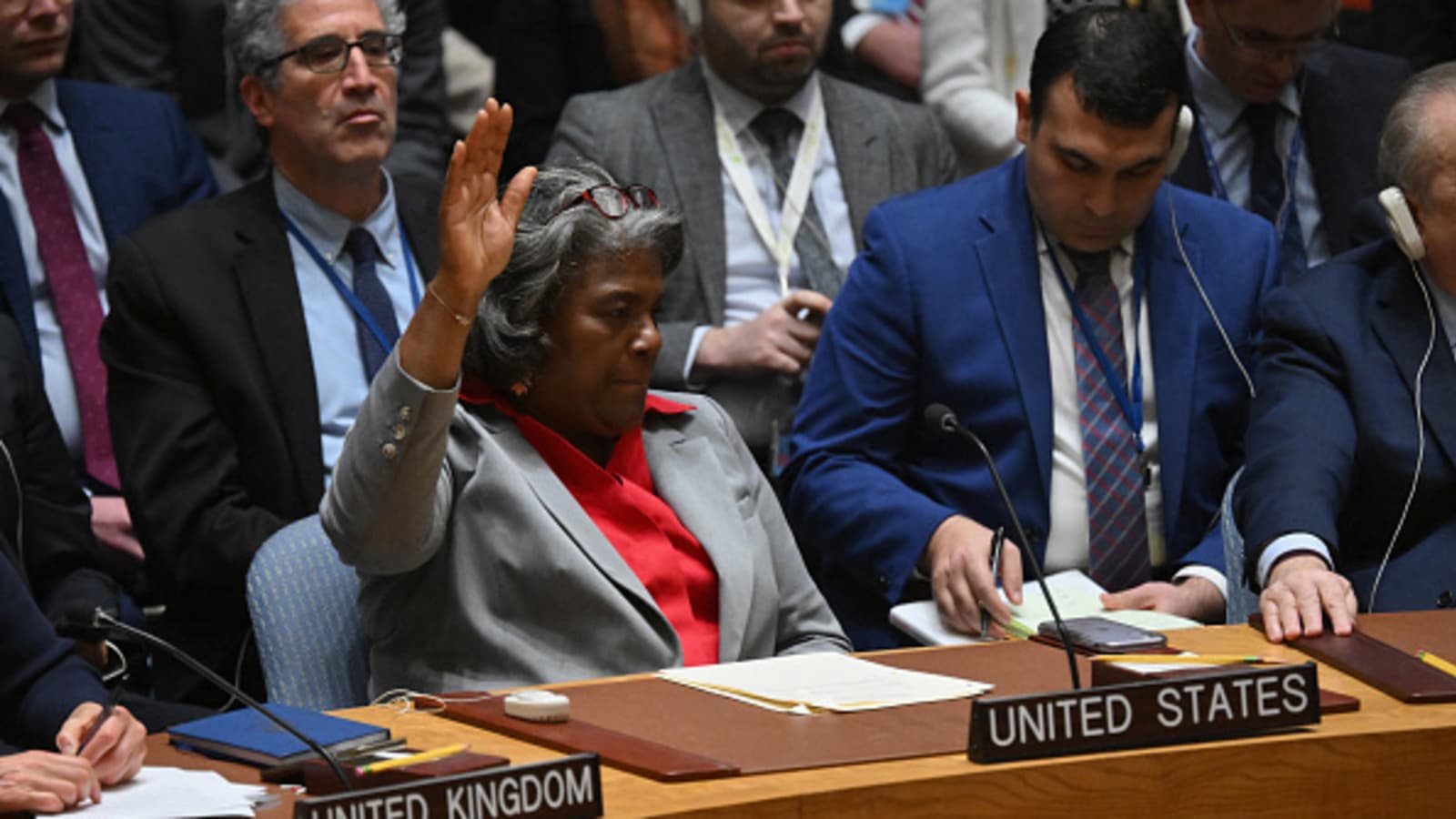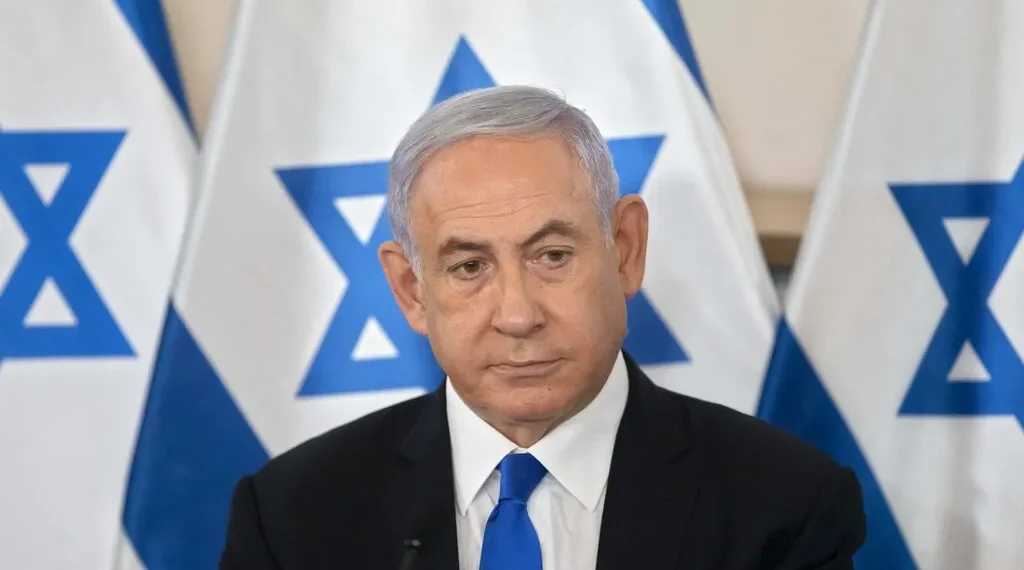The United Nations Security Council recently passed Resolution 2728, urging a ceasefire in Gaza until April 9 and demanding the release of hostages held by Hamas. Notably, the US abstained from voting, diverging from its usual staunch support for Israel.
Israeli Prime Minister Benjamin Netanyahu criticized the US abstention, alleging it undermined ongoing hostage negotiations.

The White House, however, dismissed Netanyahu’s claims, emphasizing their commitment to the issue and refusal to engage in distractions.
This diplomatic tension has sparked concerns about the stability of the US-Israel relationship. Despite personal disagreements between leaders, the fundamental alliance between the two countries remains robust and enduring.
Reports of President Biden‘s growing frustration with Netanyahu‘s actions in Gaza have surfaced. Nevertheless, US policy towards Israel has shown no significant shifts, as evidenced by recent developments.

The passing of a spending bill allocating $3.8 billion in assistance to Israel underscores traditional US support for its ally. The State Department’s acceptance of Israel’s assurance on the use of American weaponry adhering to international law reaffirms this commitment.
While the US abstained from the UN vote, officials have reiterated their unwavering support for Israel’s security and clarified that the vote was not binding.





